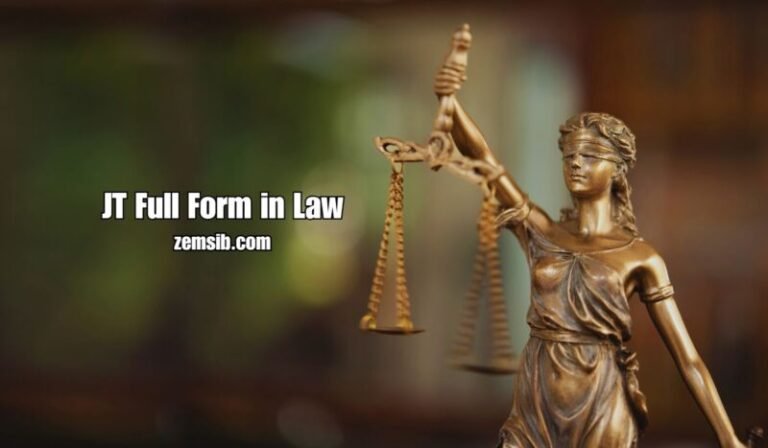The FRT Full Form in Law is Final Report True. In the context of criminal justice, an FRT plays a crucial role. It signifies the conclusion of a police investigation when the Investigating Officer (IO) determines that a crime has occurred but recommends against prosecuting a suspect. This article delves into the purpose, implications, and legal context of FRTs. While FRTs do not guarantee a conviction, they confirm the occurrence of an incident. This acknowledgment may provide some solace to victims who have suffered significantly.
The preparation of an FRT occurs when the police lack sufficient resources to continue investigating. An FRT is submitted when it is unlikely that further investigation will yield additional evidence or identify a prosecutable suspect. This enables the police to allocate their resources to more active cases. However, an FRT does not preclude the possibility of prosecution. The case may be revisited if new evidence or a suspect comes to light. Despite the wrongdoing, investigators may not always uncover enough evidence to secure a conviction. Issues such as conflicting witness statements, insufficient physical evidence, or valid alibis may contribute to this scenario. Additionally, the investigation may reveal that the accused was mistakenly identified as the perpetrator.
What Else Should You Know About FRT?
Several factors can influence the outcome of an FRT. Misidentification by witnesses, misunderstandings, or alibis proving the suspect’s presence elsewhere during the crime can all lead to an FRT. Legal complexities or procedural errors may also delay or impact prosecution. If the suspect dies or if no alternative suspects are found, an FRT may be issued to conclude the investigation. Transparency and communication are essential in the FRT process. Keeping the complainant informed about the investigation and the reasons behind the FRT helps maintain the credibility of the judicial system.
Transparency in FRTs benefits the police by building public trust and discouraging potential cover-ups. Even after the police investigation is concluded, the case may still evolve. Court reviews, complainant petitions and civil lawsuits can affect legal outcomes. Therefore, understanding the FRT Full Form in Law and its implications is important for complainants, attorneys and the public.











